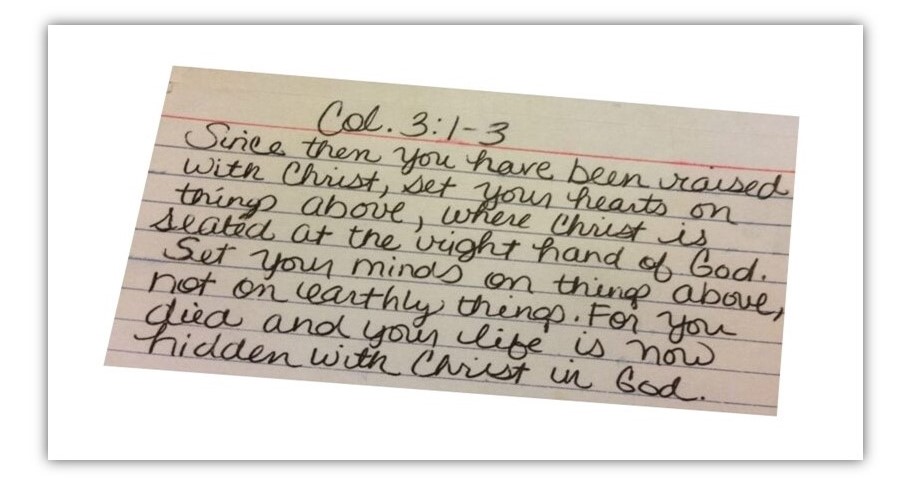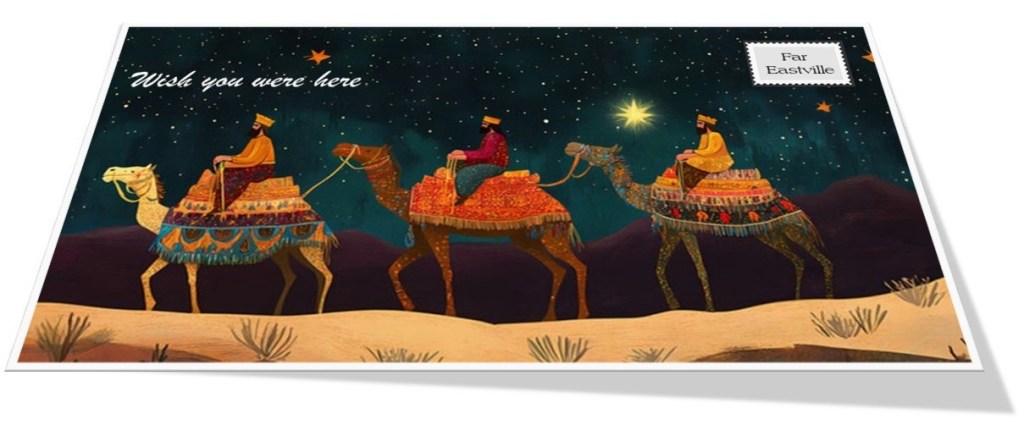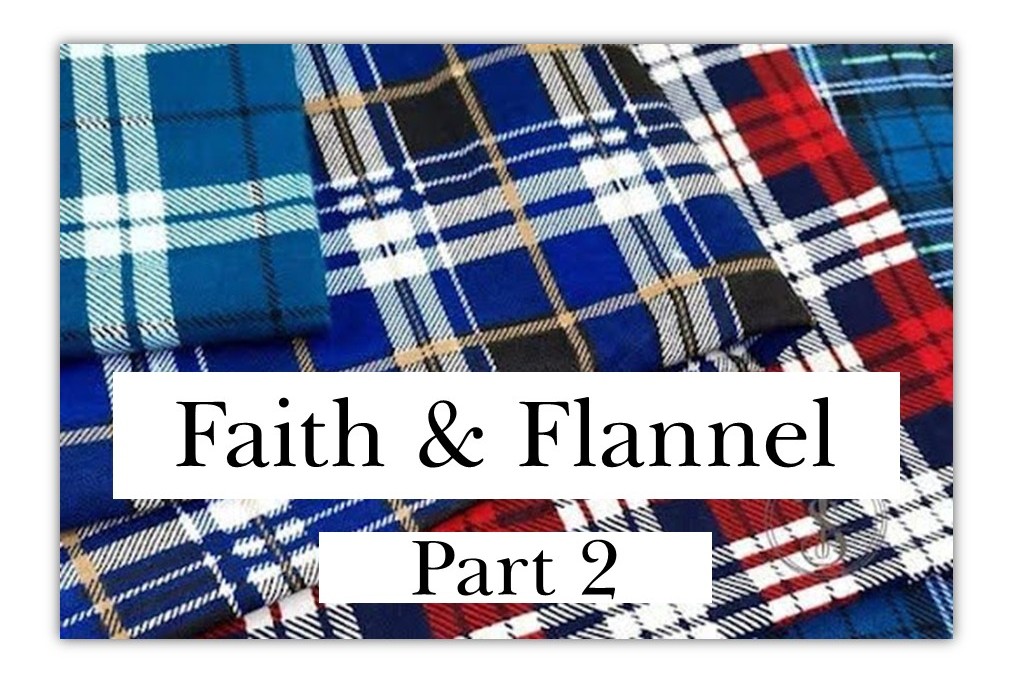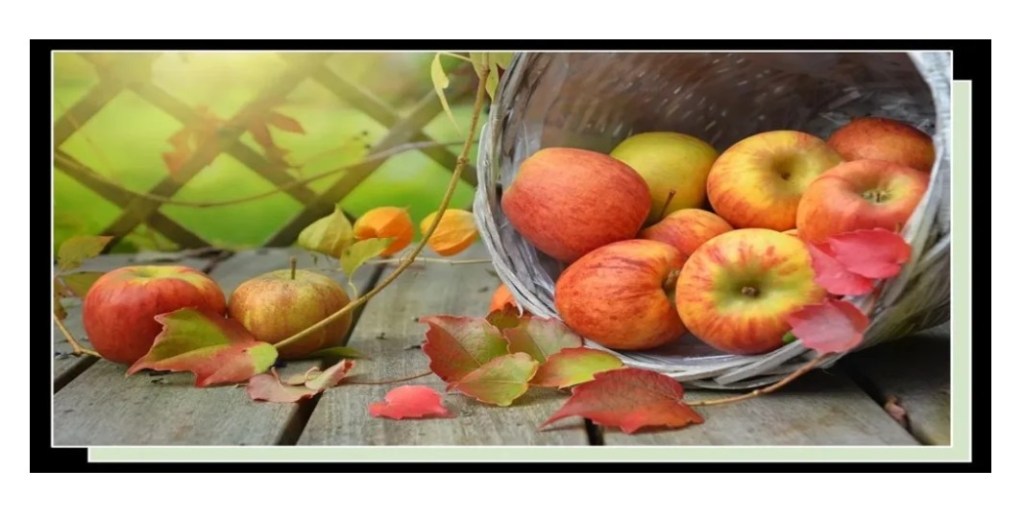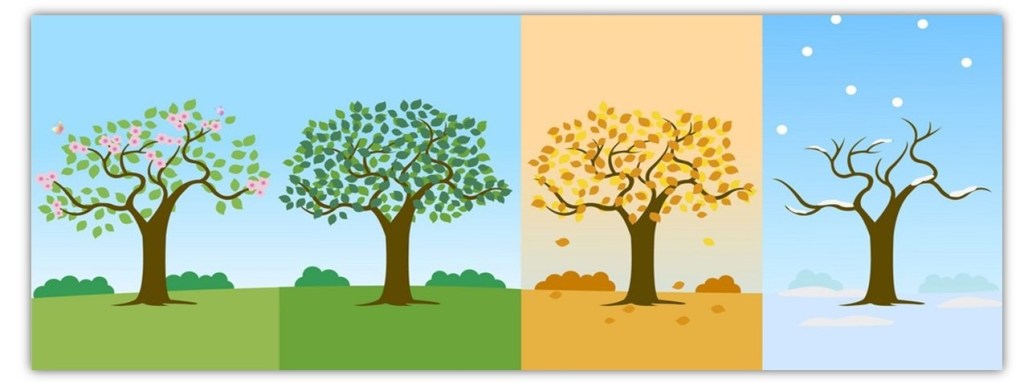
The Redwoods are a spectacular sight. If you’ve driven down Highway 101 from the Oregon coast down into California—you can’t miss them. Redwood trees grow to be over 300 feet high and up to 20 feet wide. Many of the trees, scientists say, have grown to be over 2,500 years old. THAT is a mighty tree!
Have you noticed they tend to grow in clusters? It’s due to their root system. It’s not so much they grow down—as they grow out. They extend out 100 feet from the base, intertwining with the roots of other redwoods. This increases their stability during strong winds and floods. It’s their intertwining with one another that is their source of strength and helps keep them standing. Standing strong together.
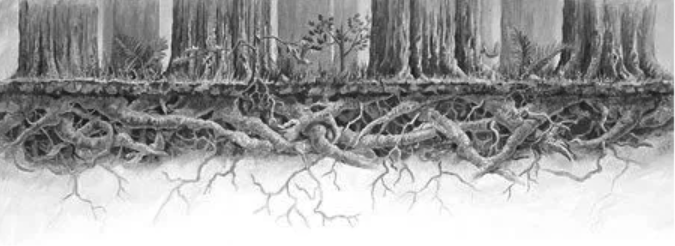
They need one another.
The two word phrase “one another” is mentioned nearly 50 times just in the New Testament alone.
Love one another. Be devoted to one another. Encourage one another. Pray for one another. Live in harmony with one another. Serve one another. Be kind and compassionate to one another. Forgive one another. Be patient with one another. Do whatever it takes to live in peace with one another.
Just to name a few.
Yet, how many of us disqualify ourselves, thinking, “What do I have to offer?” How can I? So goes the list of doubt and hesitation. Don’t disqualify yourself from impacting others for Jesus.
I liken it to opening a cupboard full of mismatched mugs. Each one holds a special memory. Each one is unique. Unique in material, shape, size, pattern and color. We are all unique.
This weekend I spoke (this) to the fun women from my home church* Prior to the meeting I handed out a few mugs to some gals who sat scattered throughout the room amongst the women (and I gave them a lil instruction).
One gal stood, sharing her mug, it was lacey pink and pretty, but it was stained on the inside. Another stood proudly showing off her dainty floral China cup and saucer set (with great enthusiasm). Then quietly, with a big thick, bulky wide handle shared, raising her eyes to the China set, “I’m not as pretty as her.” One gal excitedly stood, hers was a Christmas mug, and the life of the party. We had a clear mug who was too transparent and often got herself in trouble. Another was older and faded, which frequently gets overlooked or kept in the corner. Another was an itty-bitty mug, who felt small and insignificant. There was even a paper coffee cup, though highly functional, she felt disposable and easily replaced. There was one who had evidence of being terribly broken yet was divinely being pieced back together (I held this one).
What do ALL these have in common? (Yes, even the paper cup). It wasn’t the material they’re made of, or the color, or the shape. The commonality? They are ALL designed to hold what is put inside them. Their purpose is to be poured into, hold and pour out its contents. Then—repeat. What a wonderful cycle.
I’ve also observed there are two kinds of cup enthusiasts (if you will, considering the cups represent our lives). Those that look into your cup to see if you have more than they do. And those who look into your cup to see if you have enough and seek to help fill it.
What angle do we use our mug? Do we get so excited about being an encouragement; we, full of energy, pour out “God loves you!” over here, “You are special!” over there. GREAT! But when we look and see our cup is empty, we reach our cup out expecting others to fill it (held at a 45-degree angle). The cup isn’t designed for filling at that angle; it’s designed to be sitting up—filled from above.
WE belong to this community of mismatched mugs. We are designed to hold the Holy Spirit, to hold and pour out. What a beautiful purpose. We all belong to the same crazy cupboard we call the church.
God uses us to help strengthen one another when the storms and floods come (and they will). In our helping (intertwining) we too are strengthened.
May we give the gift of “one another.” Get yourself a good Godly cluster. Standing strong together.
I bet you don’t look at your cupboard the same again, may it be a reminder that YOU are a unique container for the Holy Spirit! Let Him fill you up, cherish the hold and then get pouring! Aren’t we a fun, creative purpose filled cupboard!
In Him, DeDe (“Let us consider how we may spur one another on toward love & good deeds.” – Hebrews 10:24)
*Abundant Life Center in Jefferson, Oregon. Love you gals! Thanks for being my cluster of strength and lining my crazy cupboard!



